ABIODUN OLUWADARE argues that time has come for a democratic renewal—one that puts people above profit, and justice above expediency
A Journey from Khaki to Chaos? In 1999, Nigeria emerged from the long night of military dictatorship with high hopes. The transition to democracy under President Olusegun Obasanjo was widely seen as the beginning of a new era—an opportunity to entrench the rule of law, revive the economy, and give the Nigerian people a stake in their governance. After years of repression, poverty, and isolation, the return to civilian rule was a breath of fresh air. But today, 25 years later, Nigerians are asking: What has democracy delivered? Is the Nigeria of today more prosperous, more secure, and more just than the one we inherited in 1999? The answers are sobering.
When Nigeria transitioned to democracy in 1999, there was widespread hope that economic liberalisation and democratic institutions would unlock the nation’s latent potential. It is notable that before the democratic transition, Nigeria had remnants of an industrial base. Factories in Kaduna, Kano, Aba, and Lagos provided jobs for millions. Textile industries, tyre manufacturing, assembly plants like Peugeot, and even steel production at Ajaokuta and Aladja were sources of national pride and employment. Today, many of those industries have vanished. The local production capacity has collapsed, overtaken by cheap imports and rampant smuggling. The government, rather than supporting local industries, has often opened the borders to foreign products—decimating what remained of our manufacturing base. What we now have is an economy that consumes more than it produces, rewarding traders and importers while sidelining innovation and productivity. Meanwhile, the Naira continues to slide, inflation is galloping at a multi-decade high, and youth unemployment has reached alarming levels. According to the National Bureau of Statistics (NBS), over 40% of the population lives below the poverty line—a shocking indictment of the economic mismanagement of successive administrations. President Bola Ahmed Tinubu came into office in May 2023 with a clear message: Bold decisions must be taken to save Nigeria from economic ruin. Within weeks, his government scrapped the fuel subsidy, floated the Naira, and initiated tax reforms through the Presidential Committee on Fiscal Policy and Tax Reforms. While global financial institutions hailed these moves, the impact on ordinary Nigerians has been scorching. The Naira lost over 100% of its value within months, triggering inflation in food, transport, and housing. The cost of living has become unbearable for millions. Despite efforts by the Central Bank to stabilise the currency through interventions, the apparent rebound of the Naira has not translated into real relief. It is a managed illusion, not the result of increased production or exports.
Despite the economic headwinds, the government has pursued key infrastructure projects to stimulate growth: • The Lagos-Calabar Coastal Highway, designed to connect nine coastal states, is one of the most ambitious in decades. • The completion and expansion of roads, such as the Lokoja-Benin, Abuja-Kano, and Lagos-Ibadan expressways, have continued with renewed vigour. • Rail development, including the proposed Port Harcourt-Maiduguri and Ibadan-Abuja standard gauge lines, has been prioritised. • Power sector interventions are underway to improve transmission, with partnerships involving Siemens and the World Bank. • Tinubu’s Renewed Hope Infrastructure Fund aims to mobilise both public and private capital to finance urban renewal, rural roads, energy, and water projects. Yet, the real test will be whether these projects reach completion and benefit ordinary Nigerians— not just contractors and political allies.
One of the most pitiful situations in Nigeria’s democratic history has been the steady erosion of national security. From Boko Haram in the Northeast to banditry in the Northwest, kidnapping in the North Central, and secessionist agitations in the Southeast, no region has been spared. Despite increased defence budgets, security has become a daily gamble. Farmers cannot access their fields, children are abducted from schools, and major highways are death traps. Communities have taken to self-defence, and faith in the state’s capacity to protect lives and property is waning. Comments from stakeholders have been awash with threats encouraging the populace to defend themselves. This situation presents a contradiction, as the state has a monopoly on the defence of its citizens. Tinubu inherited a country in turmoil, and while some strategic changes in security leadership have occurred, the real transformation Nigerians seek remains distant. Without a coordinated strategy that tackles the roots of insecurity—poverty, youth unemployment, weak intelligence, and porous borders—the cycle will continue. Another bitter truth is Nigeria’s increasing vulnerability to foreign influence in domestic policymaking and politics. From multilateral financial institutions to foreign donor agencies and opaque military partnerships, Nigeria’s sovereignty is gradually being diluted. The involvement of Western and Asian powers in Nigeria’s defence, resource extraction, digital infrastructure, and elections has been expanding—often with little transparency or local accountability. Reports of foreign mercenaries, intelligence operatives, and corporate lobbyists influencing national security and economic decisions are not far-fetched. China’s growing economic footprint, driven by loans and infrastructure projects, raises concerns about debt dependency. Meanwhile, the West’s selective support for anti-corruption and democratic governance is often shaped by its strategic interests rather than Nigeria’s needs. The result? A Nigeria increasingly dictated to, rather than one that negotiates from a position of strength.
The Collapse of Merit and the Welfare Mirage: One of the greatest betrayals of democratic governance is the collapse of meritocracy. Appointments are based not on competence but on loyalty, ethnicity, or political patronage. Public institutions, ranging from the civil service to federal universities, are plagued by nepotism and low morale. Social welfare has become symbolic. Millions are jobless, and the so-called “palliative” distributions are inconsistent and often politicised. Youth despair has given rise to mass emigration, as thousands flee to Europe and North America in search of hope that Nigeria no longer offers.
Democracy Must Mean More Than Elections: Twenty-six years into Nigeria’s democratic journey, the gap between expectation and reality is wide and growing. The question confronting Nigerians today is not whether democracy is desirable but whether this democracy is delivering on its promises. If the Tinubu administration wishes to carve a legacy of true reform, it must go beyond slogans. Infrastructure without social protection is not progress. Economic policy without empathy is not reform. Democracy without justice, equity, and opportunity is not freedom—it is frustration. The time has come for a democratic renewal—one that puts people above profit, merit above mediocrity, and justice above expediency. Anything less would be a betrayal of the sacrifices made in 1993, 1999, and every year since.
Prof Oluwadare lectures in the Department of Political Science and writes on governance, National Security, and Public Policy in Africa



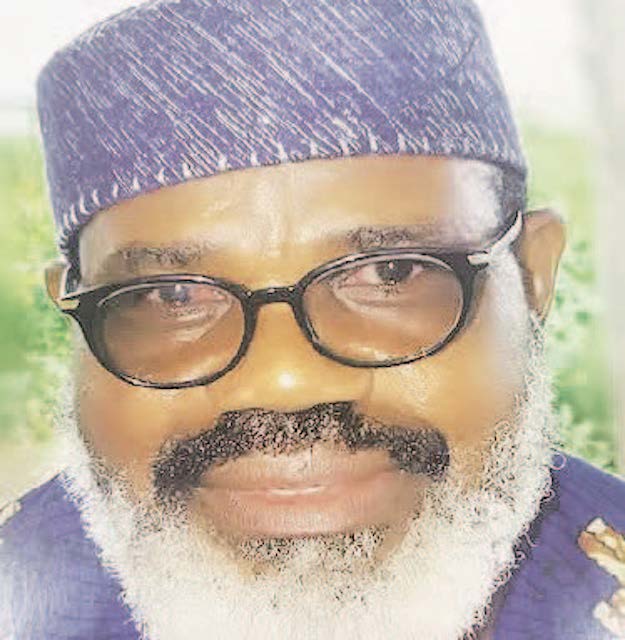

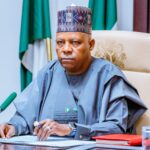
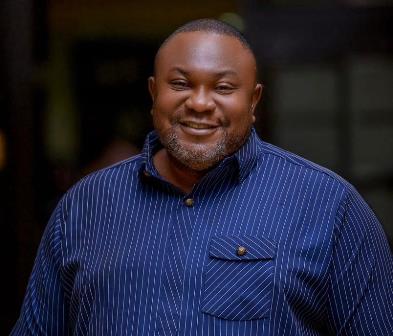



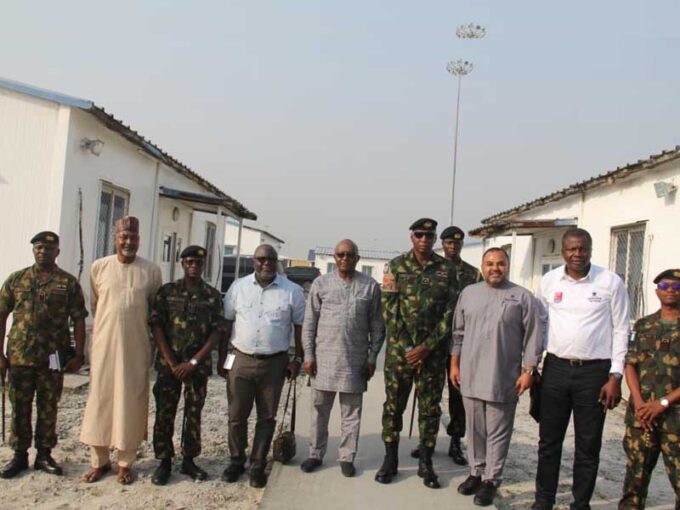
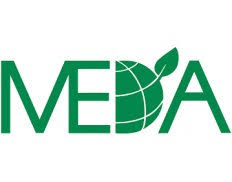



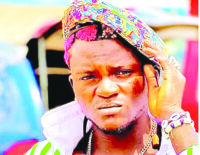
Leave a comment